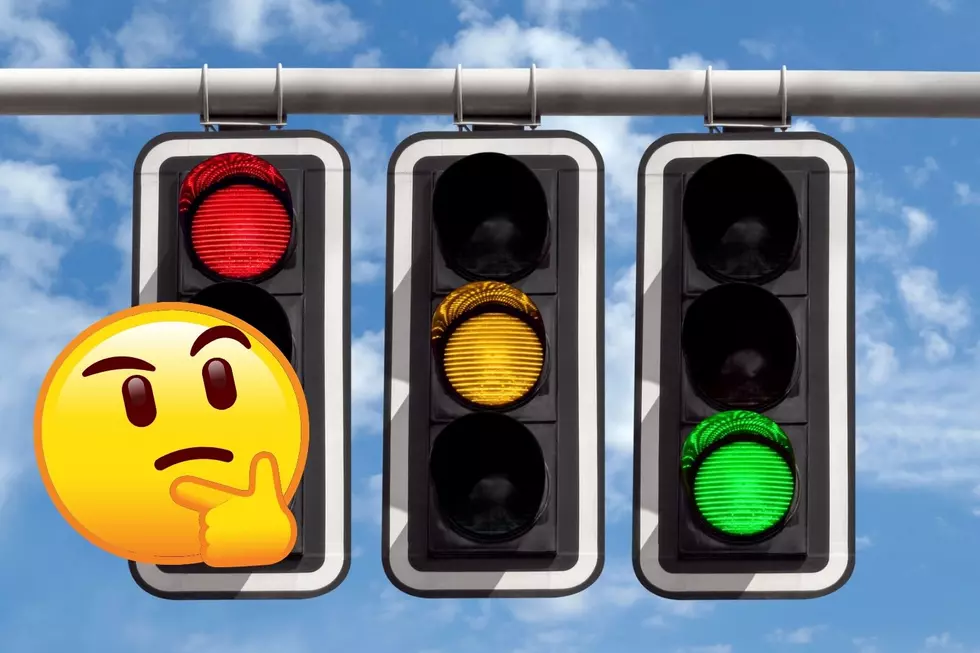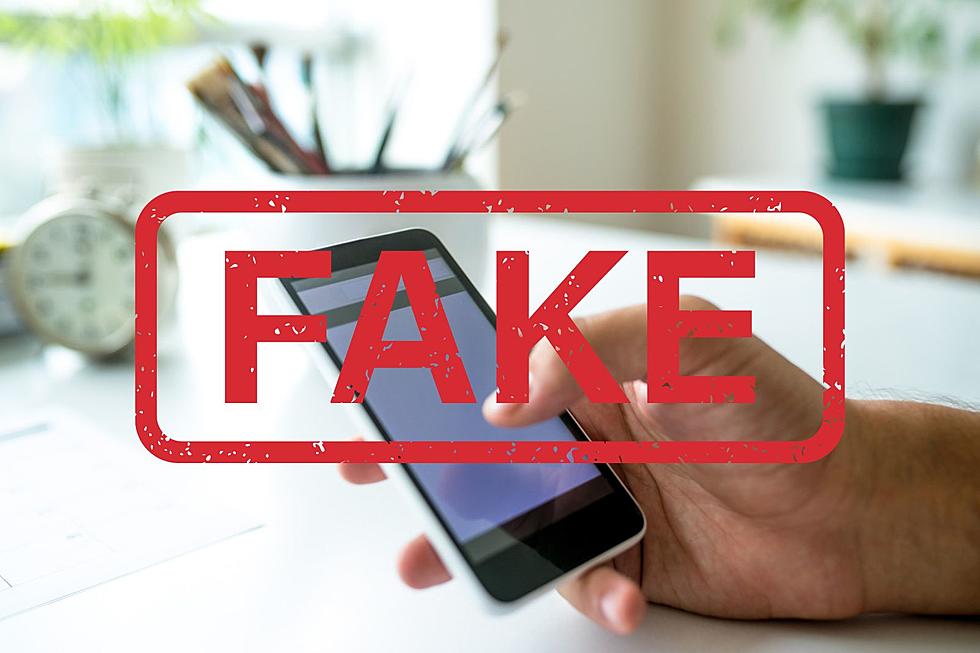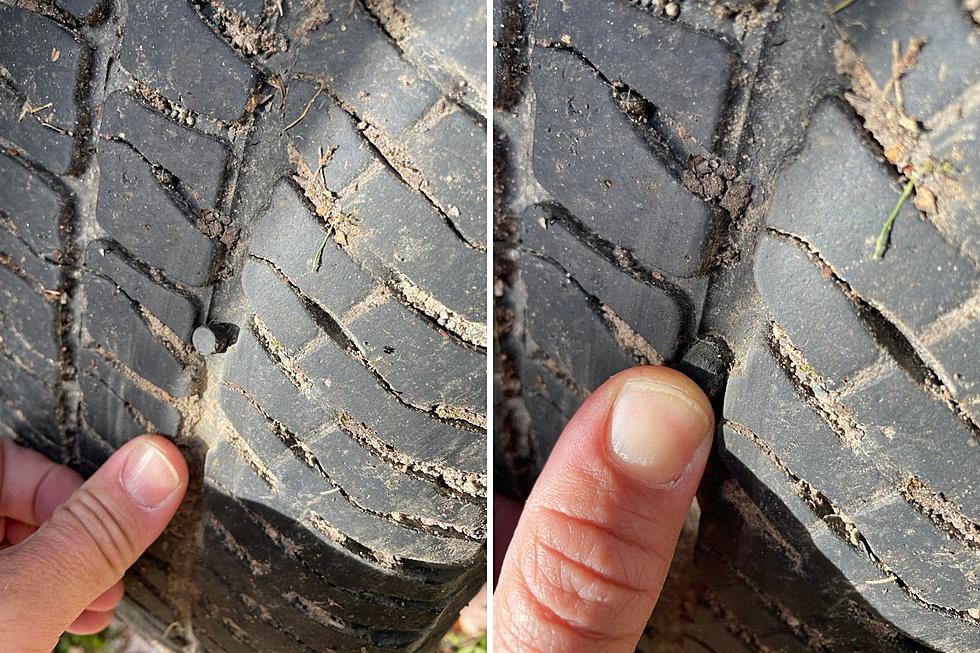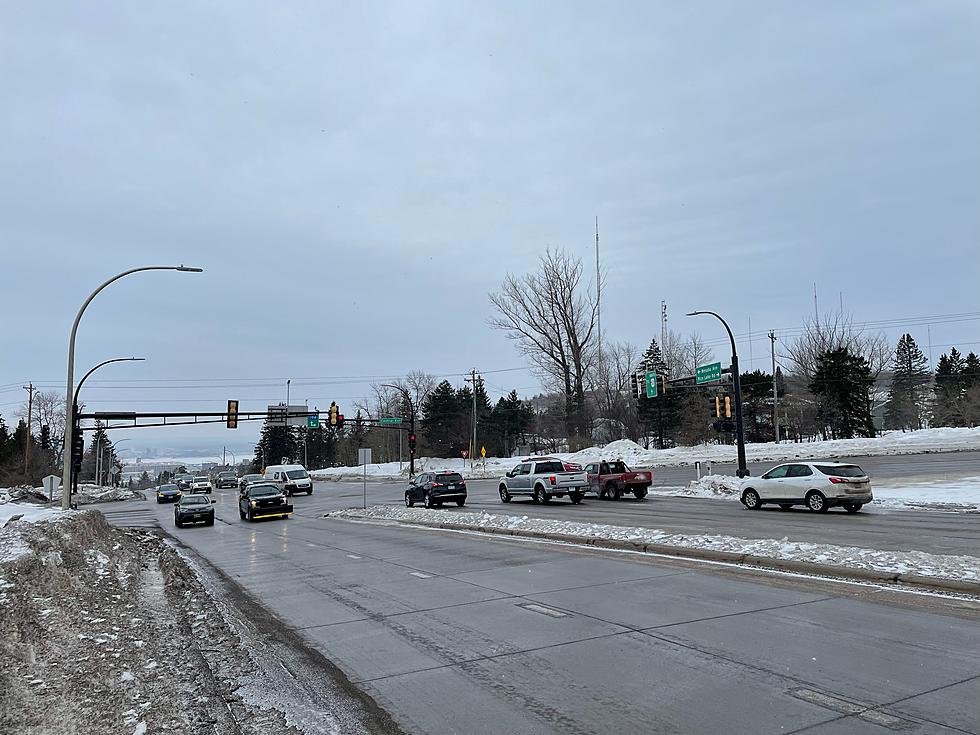
MN Law Enforcement Cracking Down On Texting & Driving April 19th
The MN State Patrol and other law enforcement agencies are conducting a statewide extra enfocement campaign on April 19th to stop distracted driving. Distracted driving includes the biggest problem now: Texting and driving.
It's also important to know that sending e-mails while driving, reading web content on your smartphone, or using your cell phone at all if you're under 18 is illegal.
Distractions cause drivers to react more slowly to traffic conditions or events, such as a vehicle stopping or pulling out in traffic. A University of Utah study reports that using a cell phone while driving, whether hands-free or hand-held, delays a driver’s reactions as much as having an alcohol-concentration level of 0.08 percent. And when texting, drivers take their eyes off the road for up to 4.6 out of every 6 seconds — equivalent to traveling the length of a football field at 55 mph hours without looking up.
The State Patrol underscores driver distractions include reaching for items, fiddling with radio/music/vehicle controls, eating/drinking, dealing with rowdy passengers, grooming and more.
Tips to minimize distractions:
• Cell phones — turn off cell phones, or place them out of reach to avoid the urge to dial/answer or read or send a text. If a passenger is present, ask them to handle calls/texts.
• Music and other controls — pre-program favorite radio stations and arrange music in an easy-to-access spot. Adjust mirrors and AC/heat before traveling, or ask a passenger to assist.
• Navigation — designate a passenger to serve as a co-pilot to help with directions. If driving alone, map out destinations in advance, and pull over to study a map or program the GPS.
• Eating and drinking — try to avoid food/beverage (especially messy foods) and have drinks secured.
• Children — teach children the importance of good behavior in a vehicle; do not underestimate how distracting it can be to tend to children while driving.
• Passengers should speak up to stop drivers from distracted driving behavior.
• If making/receiving a call to/from someone driving, ask them to call back when they are not driving.
More From B105









